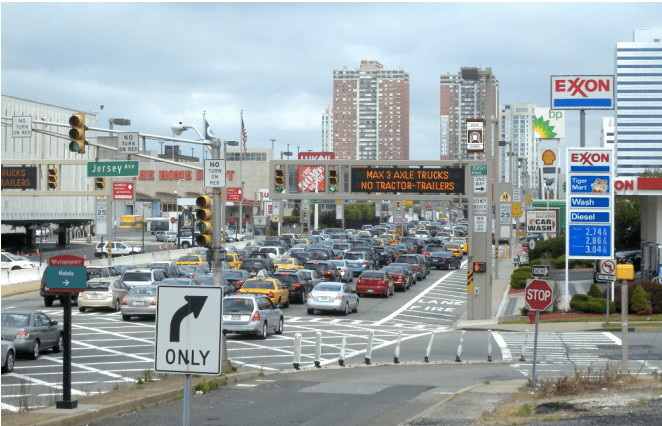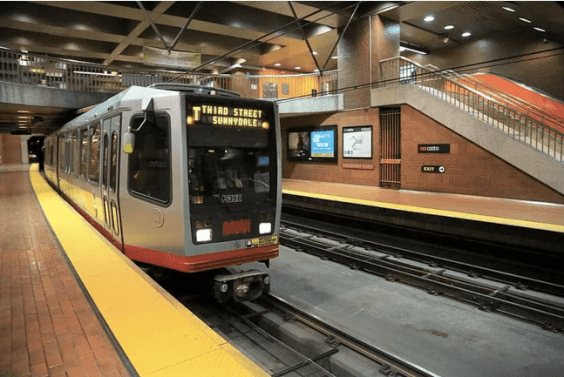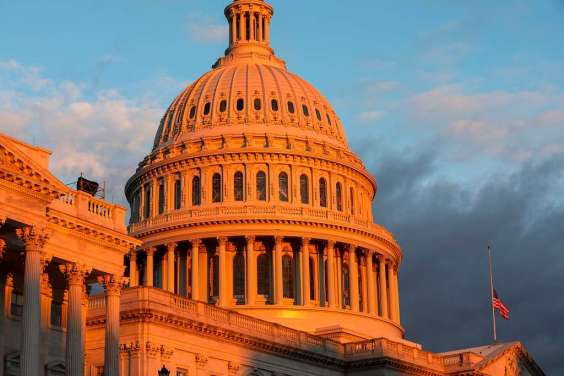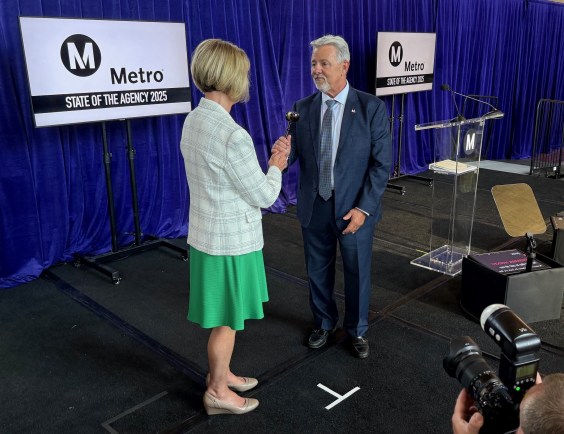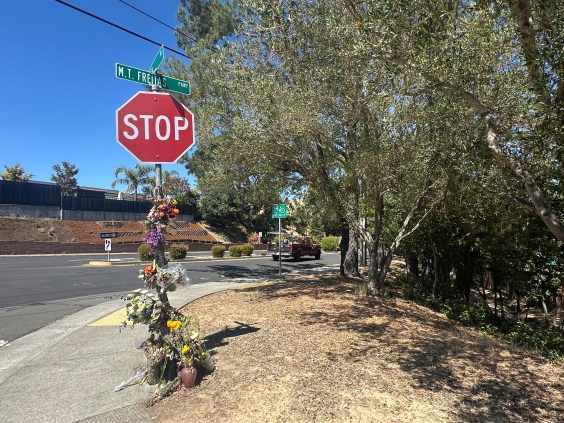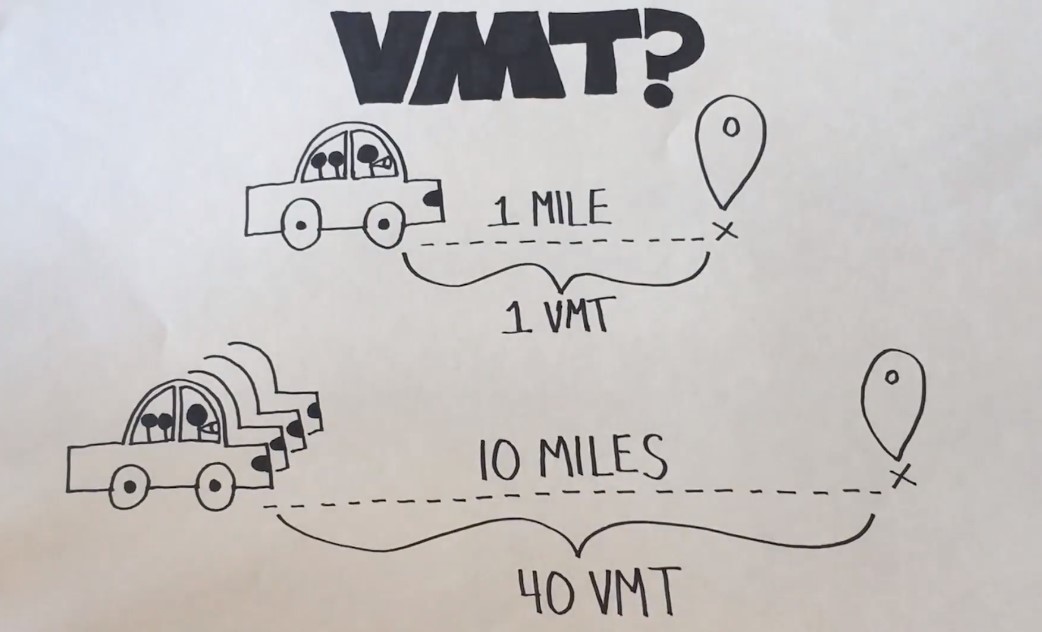No wonder he called his big hit, “Thunder Road.”
All those heart-stopping car sounds — the roaring engines, blaring horns, screeching brakes and crunching metal that we must endure day and night — aren’t just a nuisance for people living in cities or near highways: They actually contribute to heart attacks, cardiovascular damage and higher rates of heart disease, according to a study of New Jersey residents by researchers at Rutgers’s Robert Wood Johnson Medical School.
So in addition to rising road deaths, cars are also killing us with their noise.
The study used state data to look at almost 16,000 Garden State residents hospitalized for a heart attack in 2018. It found that the heart-attack rate was 72 percent higher in areas with a lot of transportation noise (cars, but also air traffic; Attention: Stop the Chop NYNJ), with fully 5 percent of hospitalizations for heart attacks traceable to elevated transportation noise. It defined high-noise areas as those experiencing an average of more than 65 decibels — the level of a loud conversation — over the course of a day.
The ground-breaking study — which is among the first such efforts in the United States — aligns with several European studies and likely could be replicated in similarly dense, noisy urban areas.
“When people talk about pollution, they’re usually talking about particles in the air or water,” the study’s lead author, Dr. Abel Moreyra, said in a statement. “But there are other forms of pollution, and noise pollution is one of these.”
People living in noisy areas had 3,336 heart attacks per 100,000 population, compared with 1,938 heart attacks per 100,000 for those in quieter neighborhoods — meaning that traffic racket triggered about 1 in 20 New Jersey heart attacks (The Boss wasn’t kidding when he called cars “suicide machines”).
For a taste of the noise that Jersey drivers bring to New York, watch the video in the tweet below:
Listen to @BrooklynSpoke regale us with this heartwarming tale of traffic, gridlock & cars and how affects people around the streets where he works. Sit back for an excerpt of "Clusterf*ck on Varick: The Case for Congestion Pricing" and bring ample tissues, you will need them! pic.twitter.com/e46iP4co3G
— ?????????? ??????? (@RebrandDriving) July 16, 2018
“People intuitively know that noise from cars is unpleasant — given the choice, people prefer to live away from busy roads and few people enjoy having conversations or trying to concentrate on work as drivers lean on their horns outside — and this study does more than simply prove that their intuition is correct,” said street-safety activist Doug Gordon, who is working on a noise-pollution project with Possible, the UK-based climate foundation. “It adds to the growing body of evidence that noise pollution generated by cars and traffic isn’t just annoying but unhealthy. It’s a reminder that cities aren’t loud; cars are loud.”
The study provides yet more evidence of the deleterious health effects of automobiles, which are destroying the planet as well as killing human beings and other animals. In New Jersey — the nation’s most densely populated state — transportation ranks as the largest source of greenhouse-gas emissions, and thus global warming, contributing 41 percent of the total, according to the state Department of Environmental Protection. (In New York, it’s the second-largest source, after buildings.) The particulate matter spewed by cars causes asthma, another cause of premature death, which is highest in places full of highways. (Lookin’ at you, NJ Turnpike and I-80.) Not to mention that traffic crashes are the leading cause of death for Americans under the age of 55 — and the leading cause of non-natural death for Americans traveling or residing abroad, the Centers for Disease Control and Prevention unhappily notes.
“As cardiologists, we are used to thinking about many traditional risk factors such as smoking, hypertension or diabetes,” Moreyra added. “This study and others suggest maybe we should start thinking about air pollution and noise pollution as additional risk factors for cardiovascular disease” because of their association with chronic stress, sleep disturbances and anxiety and depression, all of which can affect cardiovascular health.
The study did not analyze the data for demographic or socioeconomic differences or account for other health risks, suggesting further avenues for research. Moreyra said that better noise insulation for buildings, low-noise tires for vehicles, enforcement of noise laws, infrastructure such as sound walls that block road noise, and rules for air traffic, could help mitigate the effects of noise pollution.
Of course, people could get out of their cars and take public transit — which would help with emissions, too (though toll-addicted agencies such as the Turnpike Authority and Port Authority of New York and New Jersey have an interest in keeping Jerseyans driving).
So clearly Bruce Springsteen had it wrong: it’s death, not redemption, that’s beneath that dirty hood.
